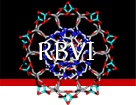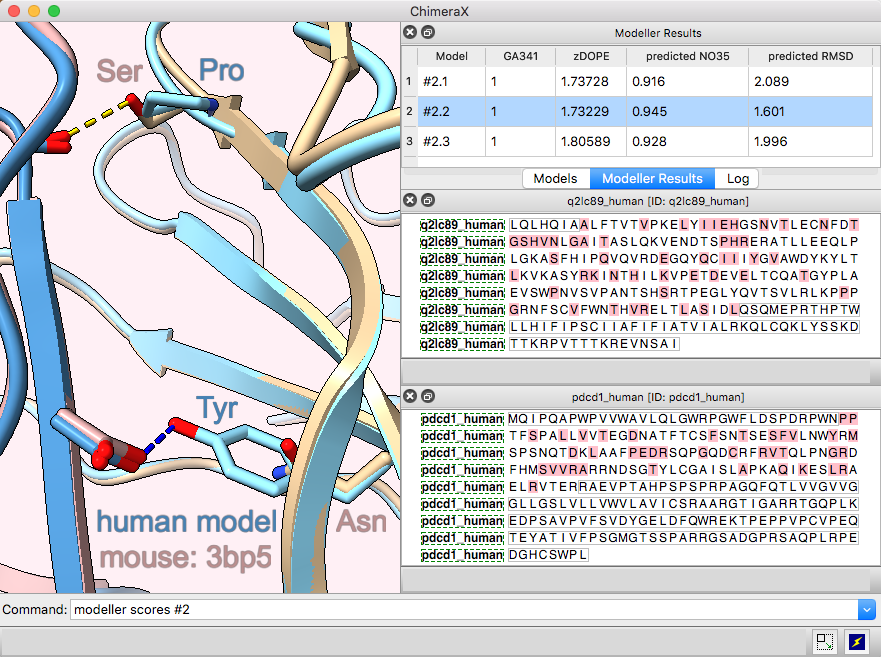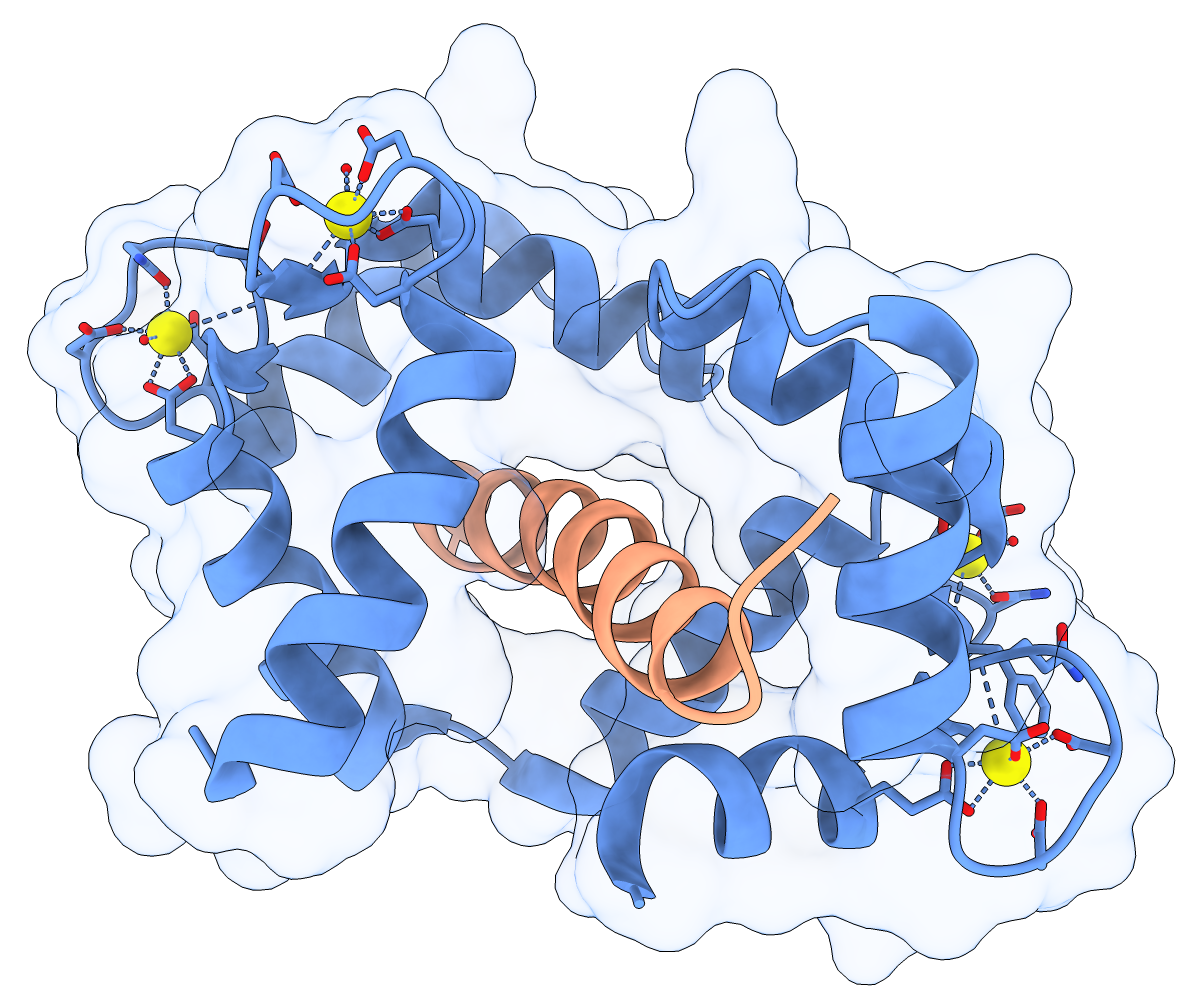

 about
projects
people
publications
resources
resources
visit us
visit us
search
search
about
projects
people
publications
resources
resources
visit us
visit us
search
search
Quick Links
Featured Citations
Structure of the human TIP60-C histone exchange and acetyltransferase complex. Li C, Smirnova E et al. Nature. 2024 Nov 21;635(8039):764-769.
Quantifying constraint in the human mitochondrial genome. Lake NJ, Ma K et al. Nature. 2024 Nov 14;635(8038):390-397.
Engineered odorant receptors illuminate the basis of odour discrimination. de March CA, Ma N et al. Nature. 2024 Nov 14;635(8038):499–508.
Diverse anti-defence systems are encoded in the leading region of plasmids. Samuel B, Mittelman K et al. Nature. 2024 Nov 7;635(8037):186-192.
Transcriptome-wide splicing network reveals specialized regulatory functions of the core spliceosome. Rogalska ME, Mancini E et al. Science. 2024 Nov 1;386(6721):551-560.
More citations...News
October 14, 2024
Planned downtime: The ChimeraX website, Toolshed, web services (Blast Protein, Modeller, ...) and cgl.ucsf.edu e-mail will be unavailable starting Monday, Oct 14 10 AM PDT, continuing throughout the week and potentially the weekend (Oct 14-20).
August 1, 2024
Planned downtime: The ChimeraX website, Toolshed, web services (Blast Protein, Modeller, ...) and cgl.ucsf.edu e-mail will be unavailable August 1, 3-6 pm PDT.
June 17-18, 2024
Planned downtime: The ChimeraX website, Toolshed, web services (Blast Protein, Modeller, ...) and cgl.ucsf.edu e-mail will be unavailable June 17-18 PDT.
Previous news...Upcoming Events
UCSF ChimeraX (or simply ChimeraX) is the next-generation molecular visualization program from the Resource for Biocomputing, Visualization, and Informatics (RBVI), following UCSF Chimera. ChimeraX can be downloaded free of charge for academic, government, nonprofit, and personal use. Commercial users, please see ChimeraX commercial licensing.
ChimeraX is developed with support from National Institutes of Health R01-GM129325, Chan Zuckerberg Initiative grant EOSS4-0000000439, and the Office of Cyber Infrastructure and Computational Biology, National Institute of Allergy and Infectious Diseases.
Feature Highlight

Modeller Comparative is an interface to Modeller for comparative (“homology”) modeling of proteins and protein complexes.
The example shows modeling the human (shades of blue) from the mouse (brown and tan) complex of programmed death-1 (PD-1) with its ligand PD-L2, PDB 3bp5.
Comparative modeling requires a template structure and a target-template sequence alignment for each unique chain. The sequences of human PD-1 and PD-L2 targets were fetched from UniProt and associated with the corresponding chains in the template structure, see model-pdl-setup.cxc. (Pairwise or multiple sequence alignments could have been used, but in this case, the template structure was simply associated with the target sequence.) Sequence-structure association shows mismatches in the Sequence Viewer: pink boxes for sequence differences between mouse and human, and gray outlines around the parts missing from the structure.
Three models were made with with default settings (other than the number of models), and the best-scoring model is shown. Two positions where sequence differences change the interfacial H-bonds are displayed.
More features...Example Image

Calmodulin (CaM) acts as a calcium sensor. When its four Ca++ sites are fully occupied, it binds and modulates the activity of various downstream proteins, including CaM-dependent protein kinase I (CaMKI). Here, a complex between CaM and its target peptide from CaMKI (PDB 1mxe) is shown with cartoons, a transparent molecular surface, silhouette outlines, and light soft ambient occlusion. (If you prefer a less smudgy/rustic appearance, try using light gentle instead.) For image setup other than positioning, see the command file cam.cxc.
About RBVI | Projects | People | Publications | Resources | Visit Us
Copyright 2018 Regents of the University of California. All rights reserved.